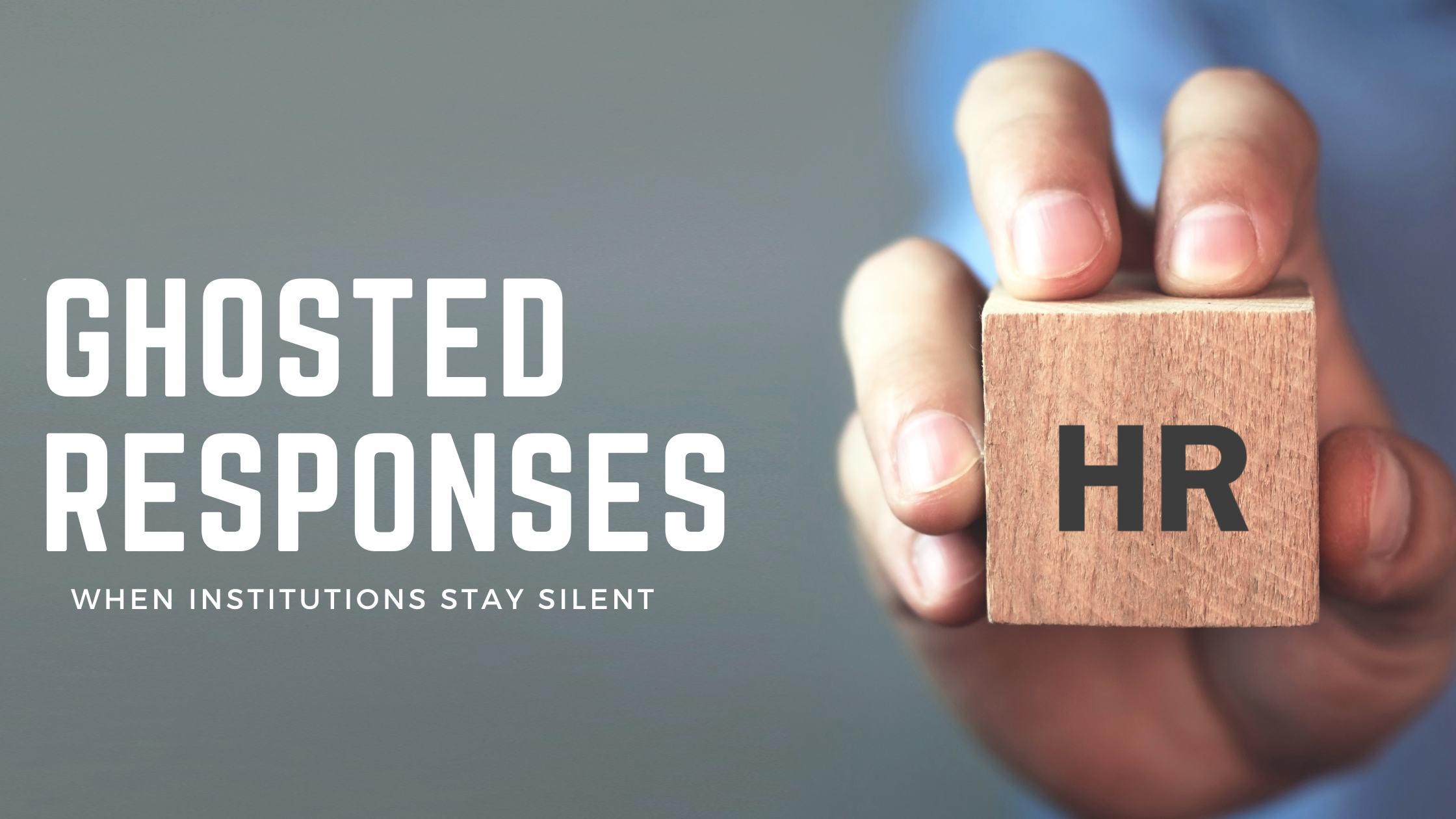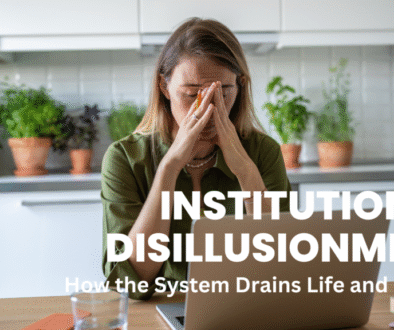
When Institutions Stay Silent
Why No Response After You Sent Your CV?
You apply for a job, send your carefully crafted resume, and go through the interview with confidence. You think you’ve done everything right, and then silence—nothing. No emails, no updates, no clue if they even looked at your application. You’re left wondering, “Did they get my resume? Should I just move on?”
Let’s be honest—this happens way too often.
Is This Really Necessary?
Sure, companies and institutions are busy. We get it. They’re overwhelmed with applications, tons of requests, and never-ending to-do lists. But here’s the thing: ignoring candidates, students, or anyone else who applies isn’t just about saving time—it’s about basic respect. When people apply, they’re putting time, effort, and sometimes hope into it. The least you can do is acknowledge their efforts with a simple reply—whether it’s a “yes,” a “no,” or even just a, “Thanks, but we’ve decided to move in another direction.”
Ignoring someone sends a pretty clear message: “You don’t matter to us.” And that’s not something anyone should feel after reaching out.
Why Do Institutions Do It?
It’s not just companies. We see this in schools, universities, government offices—any place where people apply for something. In places like India, where the population is huge and there are millions of people applying for limited spots, there’s a mindset that says, “Why bother responding? If not this person, there’s another.”
But here’s the thing: people aren’t just replaceable resources. They have value and treating them like they’re easily interchangeable fosters a culture of indifference, unprofessionalism, and a complete lack of basic human respect. This behavior teaches individuals that their efforts, time, and worth simply don’t matter.
And guess what? If they don’t experience anything better, they’re likely to carry this mindset forward.
When students or fresh applicants face this kind of ghosting, they think, “Well, I guess this is just how things are done.” They don’t know any better, so they’ll repeat the same behavior when they become part of institutions themselves—whether as employees, students, or clients.
And let’s face it—this behavior is amplified in today’s world. With massive populations, especially in places like India, where the number of applicants far outstrips the opportunities, ignoring people becomes the default.
But here’s the kicker: this isn’t kindergarten, and people aren’t clueless. They know exactly what’s happening. Institutions might pretend they’re busy or overwhelmed, but the message is loud and clear: You don’t matter.
What Does It Teach People?
It’s like we’re stuck in a loop where everyone’s been conditioned to think, “If I don’t reply, it’s not my problem.” But here’s the thing: the world we want to live in isn’t one where selfish, indifferent behavior rules.
If we want respect, fairness, and professionalism, we must set the example.
If we expect others to treat us with respect, we need to extend that same courtesy. “Do unto others as you would have them do unto you” isn’t just a nice saying—it’s a principle that should guide how we interact with people. The truth is, if you’re waiting for a response from a school, a job, or a government office, someone else is probably waiting for you. So why not make it a habit to respond?
It’s not about treating people like resources. It’s about value, professionalism, and being human. Institutions that want respect from others need to give it back.
If you expect clear communication and responses from others, you need to offer the same.
The world we want to live in isn’t going to create itself.
If we want it to be one where people feel heard and respected, then the change starts with us.


